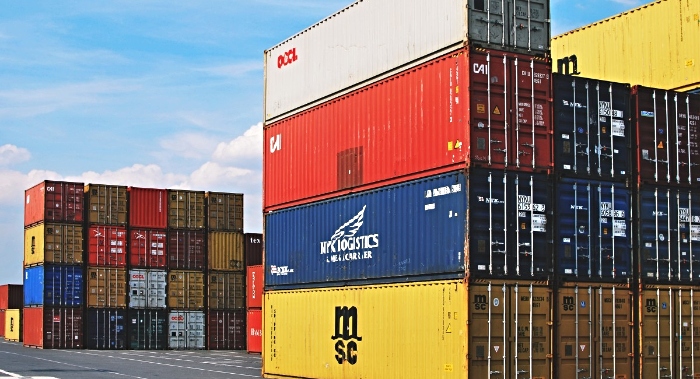
As global markets become increasingly accessible, businesses have the opportunity to expand their reach beyond the UK.
Exporting can transform your local business into a global player.
Before embarking on this journey, evaluate if your business is ready to meet international demand and capable of scaling operations appropriately.
Consider the cultural nuances and regulatory requirements of your target markets.
Strategic planning for export logistics, marketing, and customer service is essential for entering foreign markets successfully.
This guide provides essential tips on how local enterprises can successfully navigate the complexities of importing and exporting.
Understanding the Basics of Exporting
Exporting allows businesses to tap into broader markets, increasing their customer base and potential for growth.
Key steps include:
● Market Research: Involves analysing which products are in demand globally and identifying the most promising markets. This process includes evaluating consumer preferences, market trends, and competitive landscapes in different regions to tailor and position your product effectively in the international marketplace.
● Compliance: Familiarise yourself with the regulatory requirements of your target markets to ensure compliance with their import laws and standards. For example, any business involved in importing or exporting goods needs an Economic Operator Registration and Identification, EORI number. This number is crucial for trading goods with countries outside the UK. Without it, you cannot clear your goods through customs, potentially leading to severe delays.
● Marketing Strategy: Adapt your marketing strategies to resonate with international audiences, considering cultural nuances and preferences.
Key Considerations for Successful Importing
Importing can help reduce costs and diversify product offerings.
Essential considerations include:
● Supplier Selection: It’s crucial to undertake comprehensive due diligence to identify suppliers who are not only reliable but also provide high-quality products at competitive prices. This involves verifying the supplier’s credentials, reviewing their production capacity, and assessing their financial stability to ensure they can meet your demands consistently.
● Logistics: Careful planning of logistics is essential, taking into account various factors such as shipping routes, transportation modes, and associated costs. Evaluate different logistics providers and select the one that offers the best balance of cost, reliability, and speed, to optimise your supply chain efficiency.
● Customs and Duties: A thorough understanding of the customs processes and duty implications in both the exporting and importing countries is vital to prevent unexpected expenses and delays. Stay informed about any changes in trade regulations and tariff structures that could affect your import costs and procedures. It’s advisable to consult with customs brokers or trade experts to navigate this complex area effectively.
Navigating Regulations and Compliance
Ensuring your business adheres to both local and international regulations will facilitate smoother operations and prevent legal issues.
Important aspects include:
● Trade Agreements: Leverage any trade agreements between the UK and the countries you are importing from or exporting to, which might offer reduced tariffs or simplified customs procedures.
● Product Standards: Ensure your products meet both UK and international standards for your industry.
● Legal Requirements: Familiarise yourself with the legal frameworks of the target markets to ensure all necessary licences and permits are obtained, safeguarding compliance and streamlining customs processes.
Financial and Logistical Planning
Effective financial and logistical management is vital for successful international trade:
● Currency Risks: Manage risks associated with currency fluctuations using forward contracts or other financial instruments.
● Payment Security: Use secure payment methods such as letters of credit or escrow services to protect against default.
● Transportation: Decide on the most efficient and cost-effective shipping methods, taking into account the nature of the goods and delivery timelines. Freight forwarding companies can provide tailored solutions that include managing transportation, and insurance ensuring that your goods are delivered safely and on time.
Leveraging Local and National Support Resources
Utilise the resources available through local chambers of commerce, trade associations, and government trade support programmes.
These organisations can provide:
● Networking Opportunities: Connect with other businesses that have successfully navigated international trade.
● Educational Resources: Attend workshops and seminars to learn more about market entry strategies, international marketing, and regulatory compliance.
● Support Services: Access tailored support in areas like market research and legal advice.
Conclusion
Engaging in international trade presents a significant opportunity for growth and expansion for Nantwich businesses.
By meticulously planning and making use of the resources at their disposal, local enterprises can adeptly navigate the complexities associated with importing and exporting.
(pic free licence by pxhere)


















Recent Comments